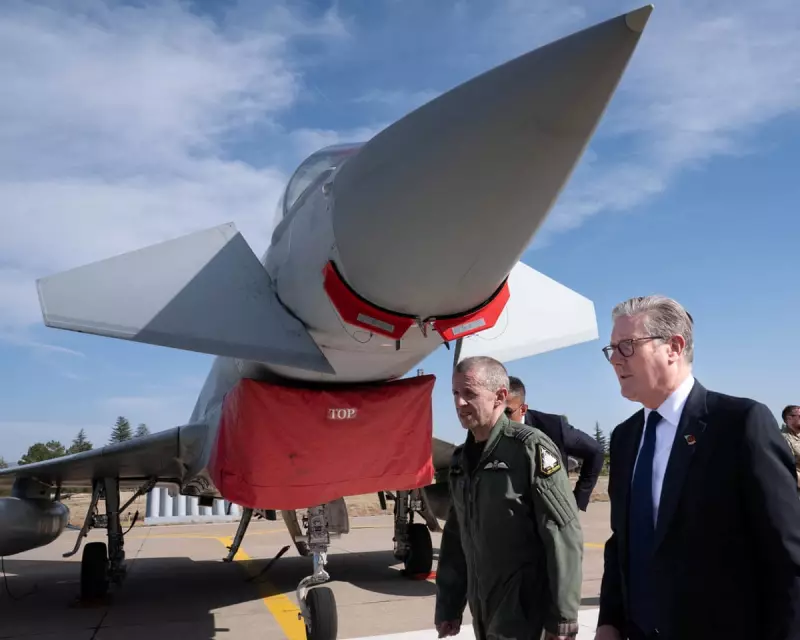
In a move set to reshape defence dynamics in the region, the United Kingdom has confirmed a monumental £8 billion agreement to supply Turkey with state-of-the-art Typhoon fighter jets, despite ongoing concerns about Ankara's human rights record.
Strategic Partnership or Ethical Compromise?
The deal, announced after months of delicate negotiations, represents one of Britain's largest defence exports in recent years. Defence Secretary John Healey described the agreement as "a significant strategic partnership" that would strengthen both nations' security capabilities while supporting thousands of UK manufacturing jobs.
However, the arrangement has drawn sharp criticism from human rights organisations and some parliamentary figures who point to Turkey's controversial track record under President Recep Tayyip Erdoğan's administration.
Economic Windfall vs Ethical Concerns
The agreement promises substantial economic benefits for Britain's defence sector, with BAE Systems positioned to play a central role in manufacturing and delivering the advanced Eurofighter Typhoon aircraft. Industry analysts suggest the deal could secure approximately 5,000 high-skilled jobs across northern England and Scotland for the next decade.
Yet critics argue the government is prioritising economic gains over ethical foreign policy. Amnesty International UK condemned the sale, stating that "arming governments with questionable human rights records undermines Britain's moral authority on the global stage."
Geopolitical Implications
The Typhoon deal comes at a crucial geopolitical moment, with Turkey seeking to modernise its air force amid regional tensions. The advanced multi-role fighters will significantly enhance Turkey's aerial combat capabilities, potentially altering military balances in the Eastern Mediterranean and Black Sea regions.
Government ministers have defended the decision, emphasising that Turkey remains a vital NATO ally and that the sale includes "robust safeguards" to ensure the aircraft are used in accordance with international law.
As Britain navigates its post-Brexit trade relationships, this defence agreement signals a pragmatic approach to international arms sales that may define future foreign policy directions.





